According to
In recent years, however, many warehouse operations have started to replace their forklifts, scissor lifts, and cherry pickers with light, fast, versatile drones. “Inventory management is basically a cost center for companies,” 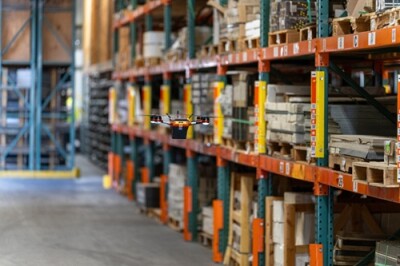 “Warehouse labor is either pulled from more valuable tasks like order picking or replenishment to perform the audits, or temporary labor must be hired and trained to perform the audits. And of course, it requires using and maintaining material handling equipment, which are typically gas powered.”
“Warehouse labor is either pulled from more valuable tasks like order picking or replenishment to perform the audits, or temporary labor must be hired and trained to perform the audits. And of course, it requires using and maintaining material handling equipment, which are typically gas powered.”
To address the problems associated with traditional inspections, Corvus Robotics has developed a fully autonomous drone-based solution that saves time, reduces labor costs, and produces more accurate
Manufactured at the company’s headquarters in Mountain View, California, each Corvus One drone is equipped with 14 cameras designed with custom optics to see and understand the environment using a proprietary AI large-world model. In addition, “all compute for the AI large-world model runs onboard the drone in real-time, without needing a trunk full of GPUs for autonomy like a self-driving car would,” Mohammed Kabir, CTO at Corvus Robotics explained.
“No beacons, reflectors, markers, stickers
To enable autonomous navigation, the
One company that has benefited from the Corvus Robotics approach is MSI Surfaces. A California-based distributor of flooring, countertop, wall tile, and hardscaping products, MSI turned to Corvus for help with managing its vast inventory. 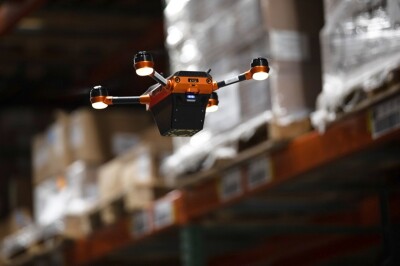 MSI’s previous approach had led to lost or misplaced inventory, and it put a strain on company resources. Since introducing Corvus One drones to perform daily cycle counting flights, MSI has seen drastic reductions in inventory loss, faster and more accurate order fulfillment, and greater overall efficiency. MSI now uses Corvus drones in its four largest and busiest distribution centers across the US.
MSI’s previous approach had led to lost or misplaced inventory, and it put a strain on company resources. Since introducing Corvus One drones to perform daily cycle counting flights, MSI has seen drastic reductions in inventory loss, faster and more accurate order fulfillment, and greater overall efficiency. MSI now uses Corvus drones in its four largest and busiest distribution centers across the US.
“Before we deploy at a customer facility, we typically see their current inventory accuracy hovers around 60-70%,”


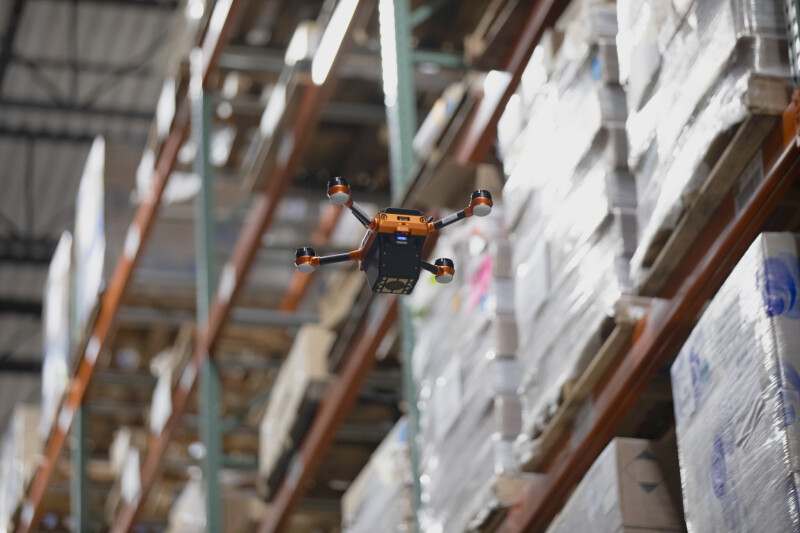

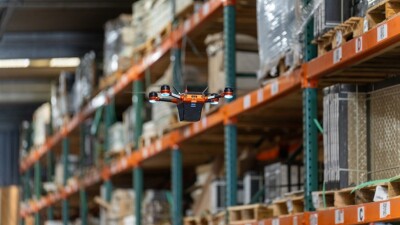
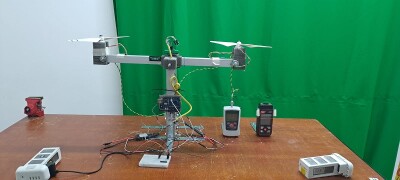









Comments